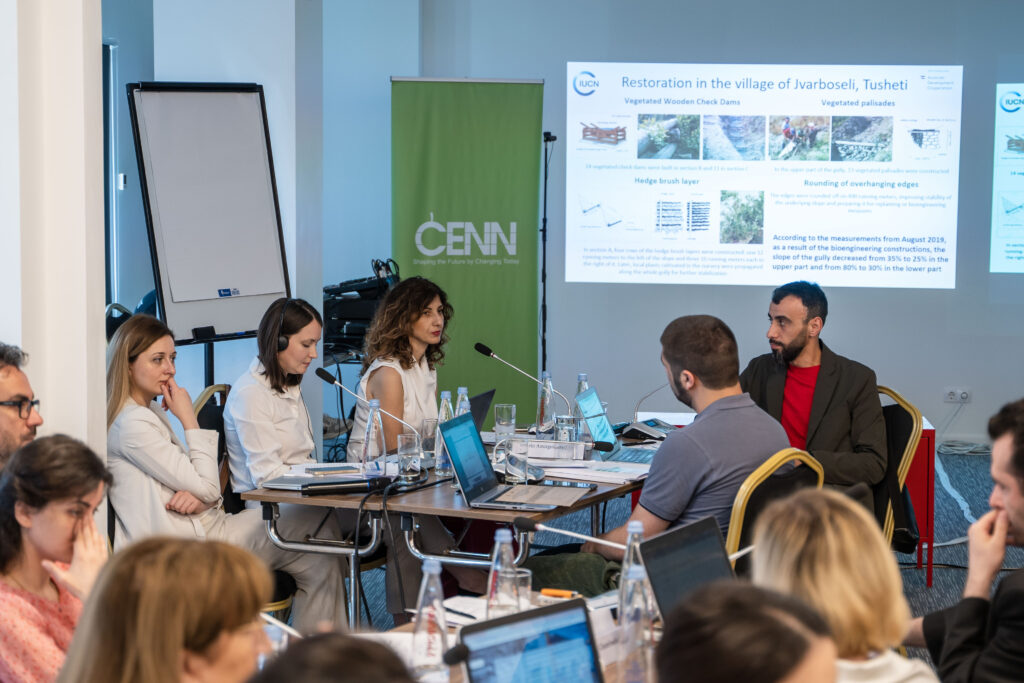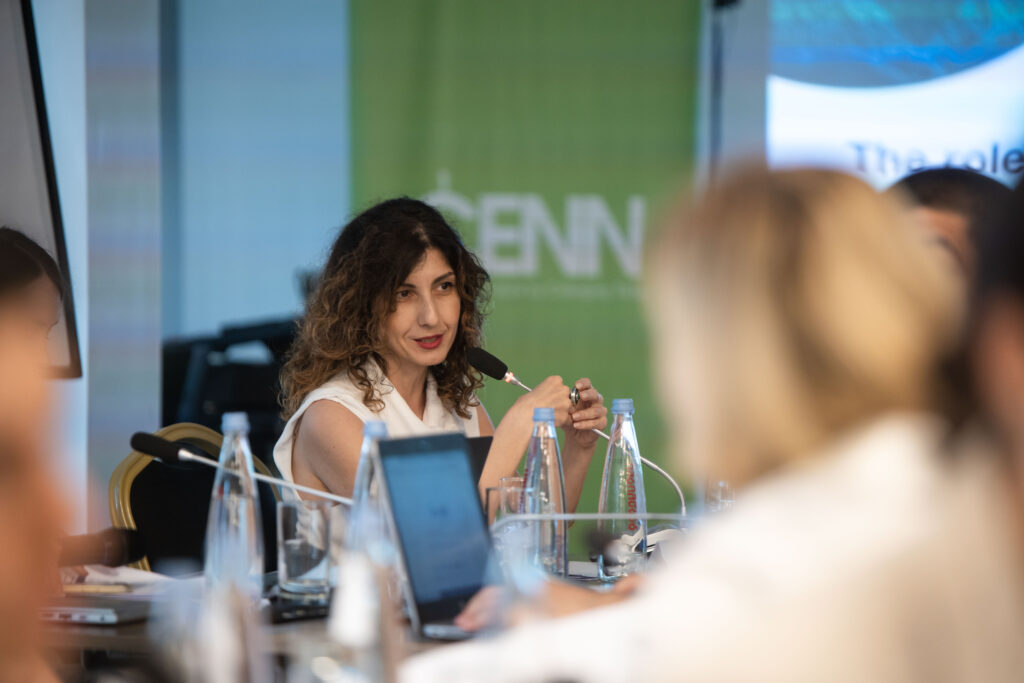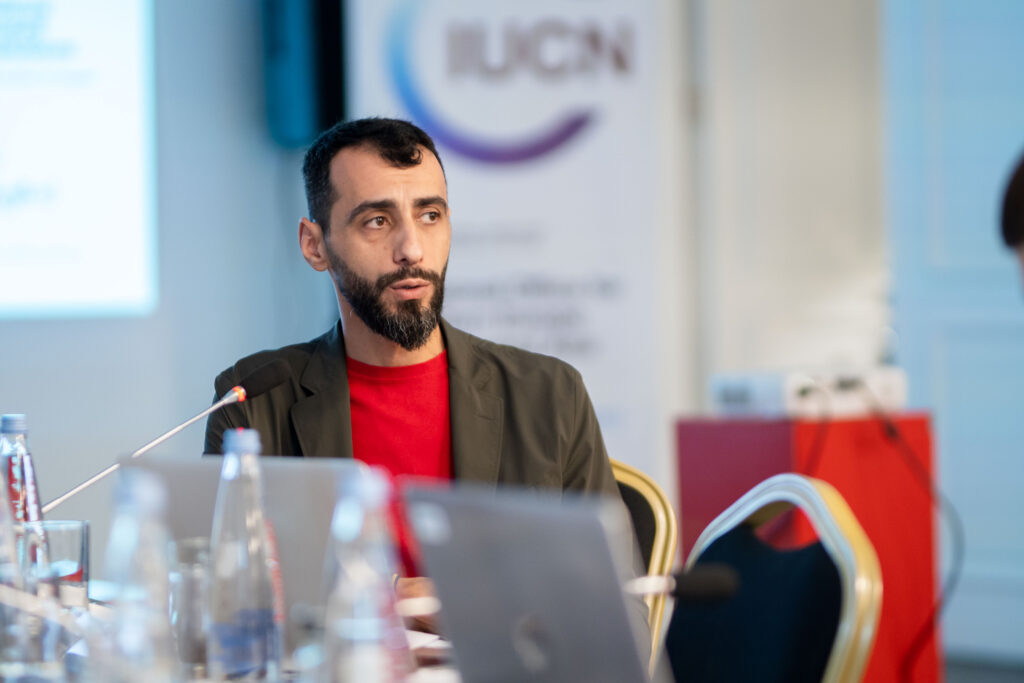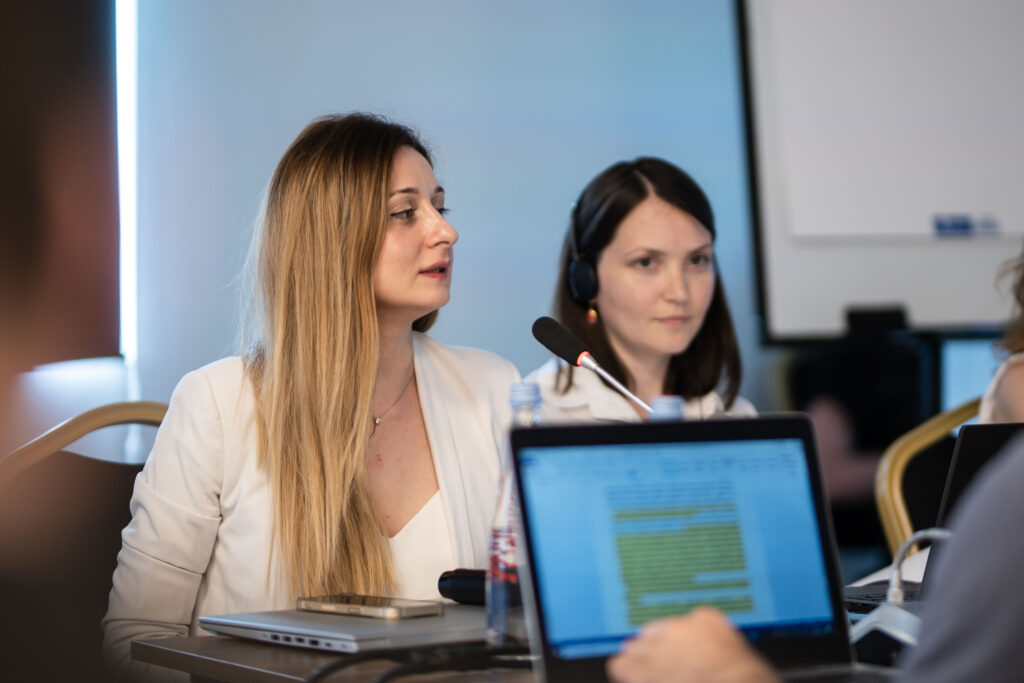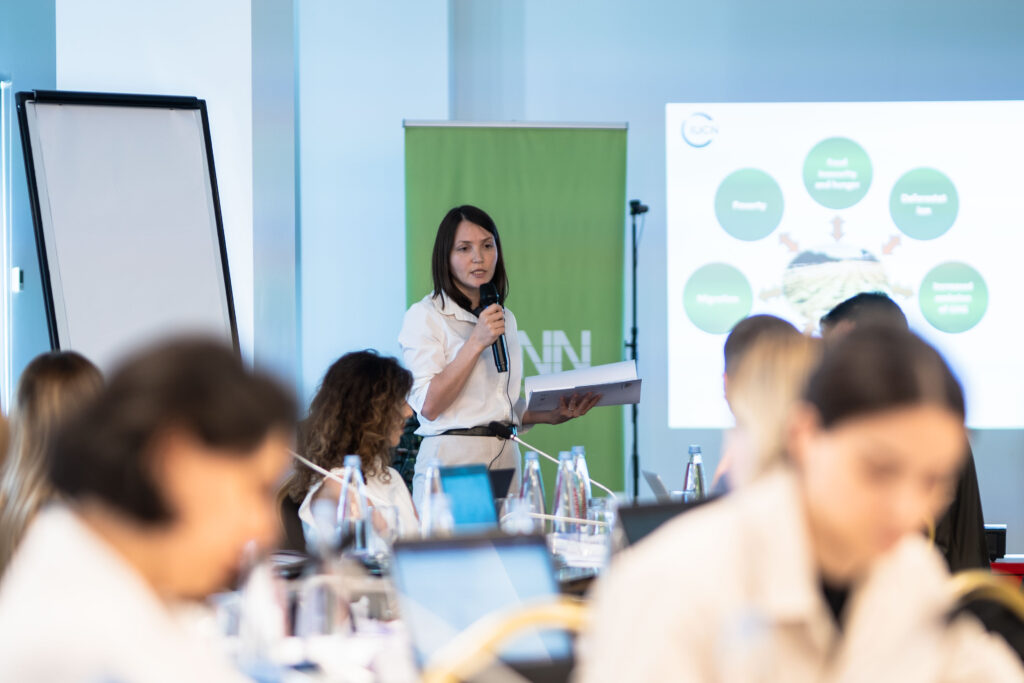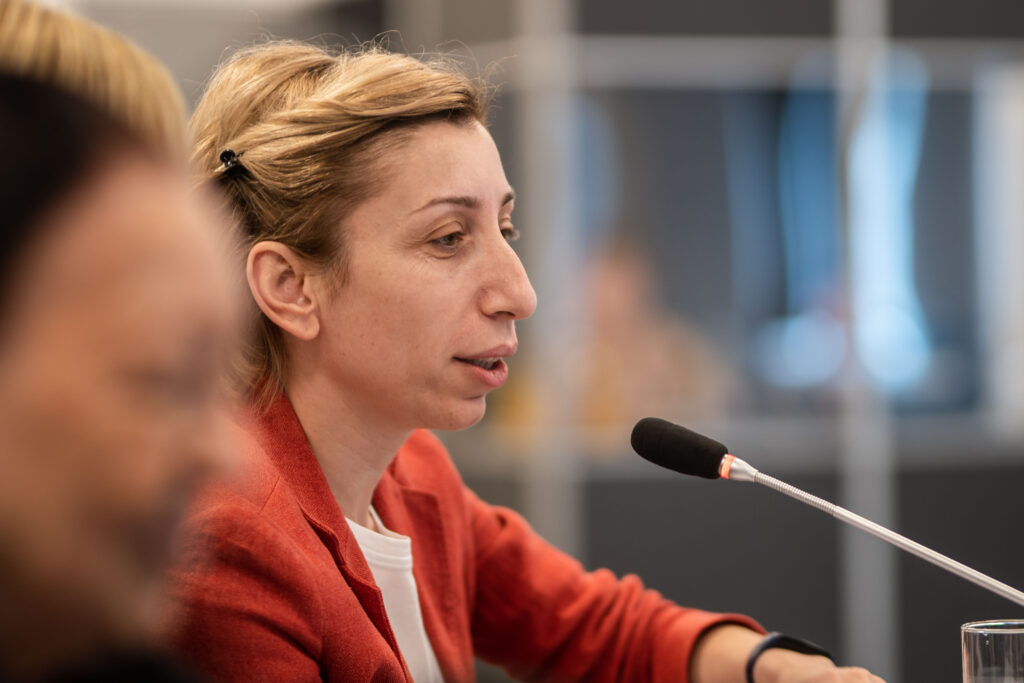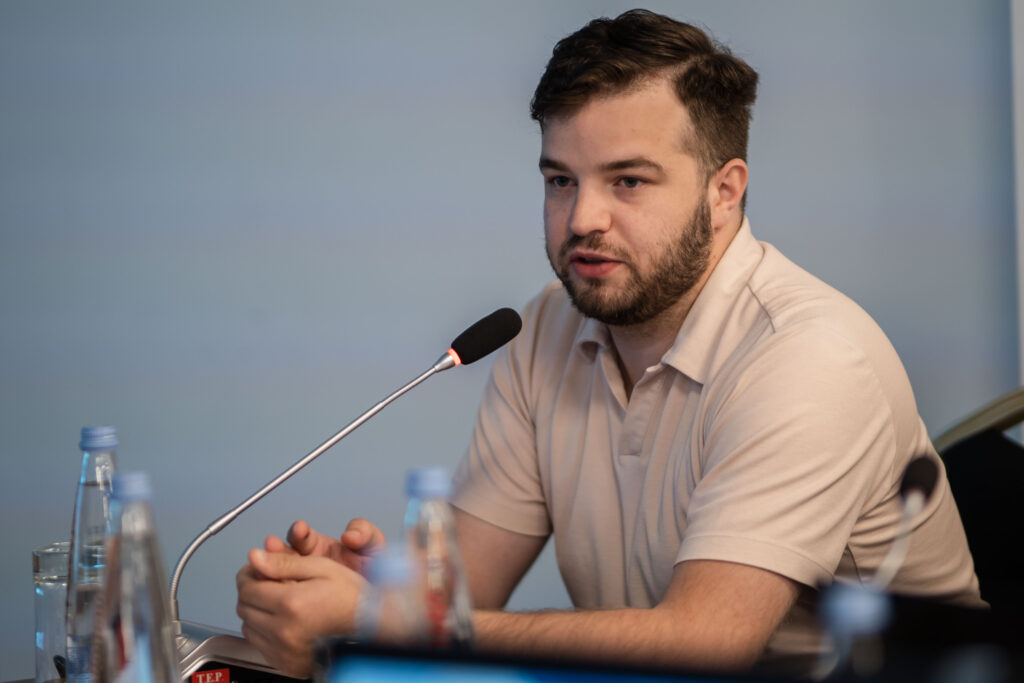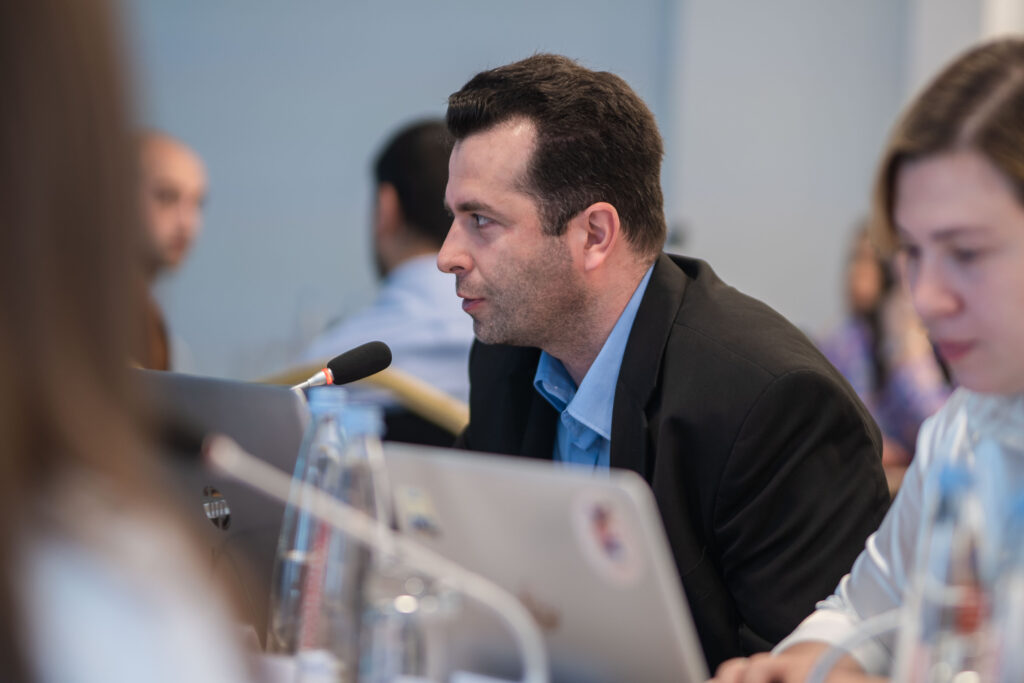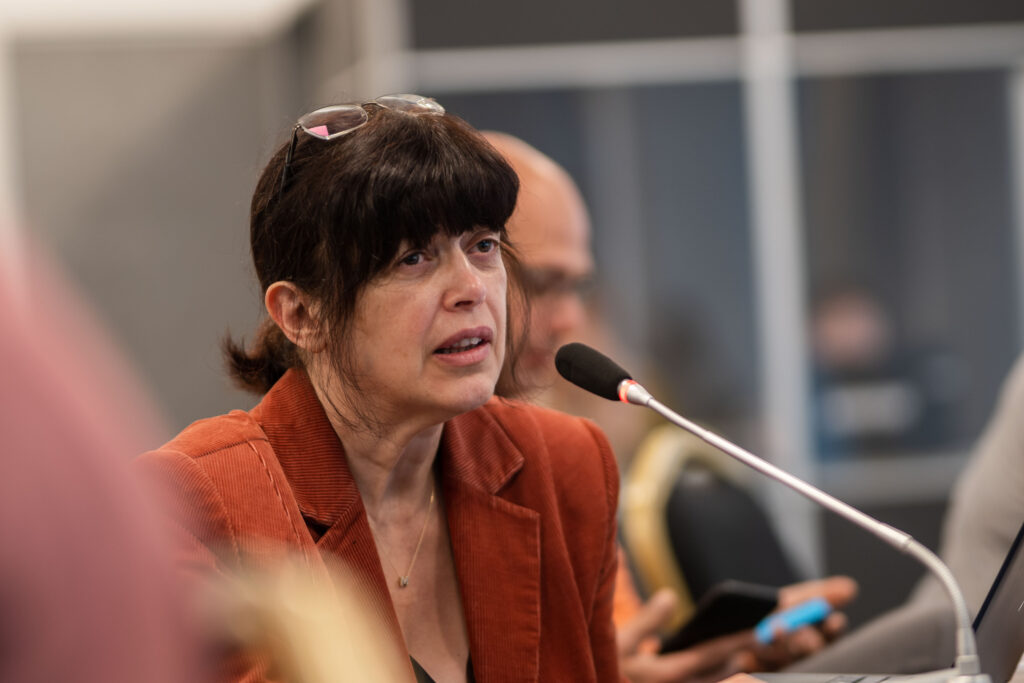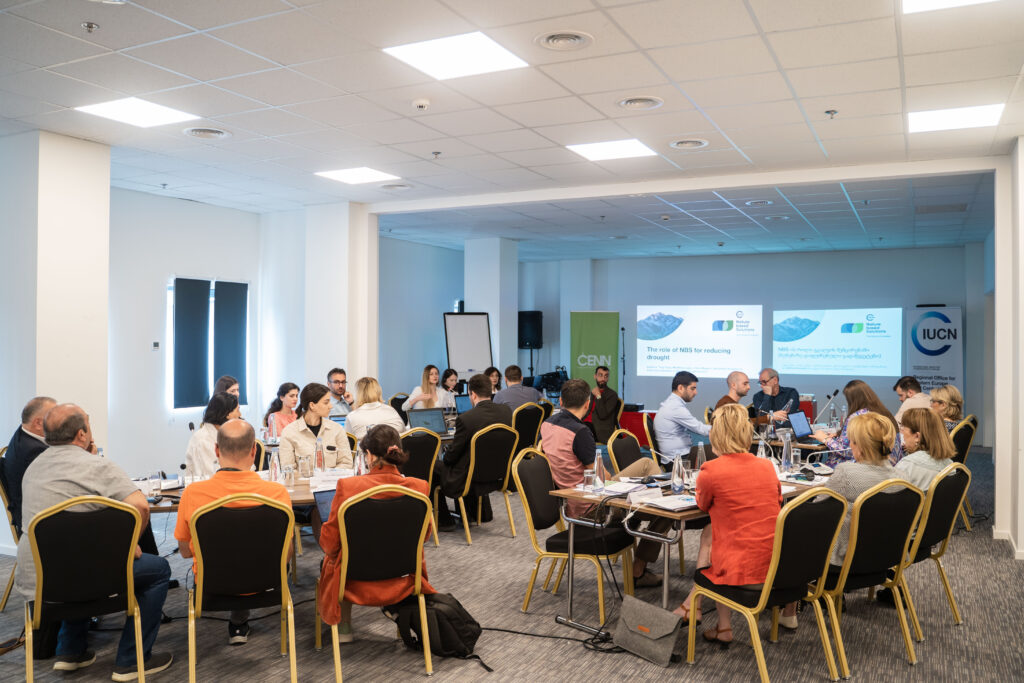CENN, together with IUCN, with the financial support of the Austrian Development Cooperation, in cooperation with the Ministry of Environment and Agriculture of Georgia, hosted a two-day training and workshop on the “Nature-Based Solutions (NbS) to Reduce Drought Risk and Increase Drought Resistance” project. During the event, up to 30 members of a working group from the public sector, NGOs and experts discussed key findings on drought challenges and recommendations for NbS implementation in Georgia.
“Drought is becoming an important aspect for dealing with land use and Georgia is no exception. Georgia was not a drought-prone country, but droughts are consistently increasing as the years go by, so one thing to pay attention to is our ecosystems and how we are managing them. This project on drought NbS presents an opportunity for us to be able to illustrate that we can respond to drought by better taking care of ecosystems. We are gathered here today to again go through the principles of drought, but also to seek solutions concerning ecosystem management.” – Chris Magero, Senior Program Officer, IUCN.
The aim of the training and workshop was to strengthen drought policy in Georgia, increase the drought resistance process, and involve all stakeholders in these processes.
“Drought problems are the same for Georgia as for the rest of the world. About 5-6 years ago, at one of the conferences of the parties to the UN Convention to Combat Desertification, serious problems concerning drought in the country were discussed for the first time and the fact that land degradation in the world is caused by both human and climatic factors and one of the climatic factors is drought. The Convention has a global mechanism that can fund expert assistance to States Parties and also assist in the development of an action plan. It is through this global mechanism that the term ‘drought initiative’ first emerged, and it is the project under which we are gathered to respond to this process.” – Nino Chikovani, Head of the Land Resources Protection Division, MEPA
The two-day training and workshop were moderated by Karlo Amirgulashvili, Head of the Biodiversity and Forestry Department of MEPA. The training was led by Alexandra Ibragimova, representative of IUCN ECARO. During the workshop, the main findings were presented from the expert on the drought situation in Georgia and drought policy review followed by a validation and discussion of the findings.
Nature-based Solutions (NbS) provide ecosystem-based approaches to address drought through sustainable land management and restoration, focusing on managing and restoring land productivity and biodiversity, whilst addressing the social and economic development concerns that drought brings to communities and countries.
IUCN and CENN jointly implement the “Restoring Ecosystems to Reduce Drought Risk and Increase Resilience” project, and it aims to enable the actors to integrate ecosystem restoration actions into drought management and policy in order to reduce the frequency and severity of drought and strengthen resilient nature-based solutions to drought.

